The Academy Awards, often seen as the pinnacle of cinematic achievement, have been no stranger to controversy, shock, and awe. From unexpected outbursts to groundbreaking speeches, the Oscars have provided audiences with unforgettable moments that have sparked discussions, debates, and even changes within the industry.
Let’s dive into some of the most controversial Oscars moments in history, reflecting on their impact and what they signify about the ever-evolving landscape of film and society.
The Infamous Will Smith and Chris Rock Altercation
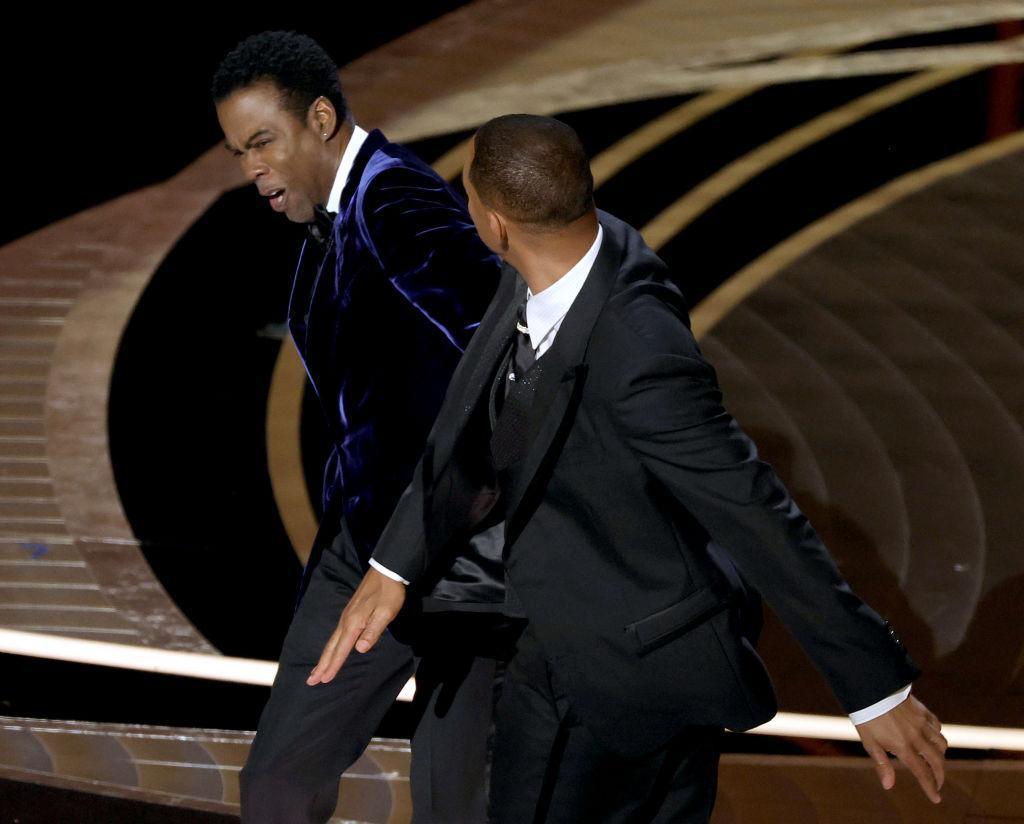
In an unprecedented display of personal affront, Will Smith’s confrontation with Chris Rock at the Oscars became a viral sensation when Smith slapped Rock and stated, “Keep my wife’s name out your f**king mouth.” The incident, sparked by a joke about Smith’s wife, Jada Pinkett-Smith, highlighted the tension between public persona and private anguish.
Smith’s subsequent victory for Best Actor in “King Richard” moments after the altercation and his handling of the situation underscored complex questions about dignity, respect, and the boundaries of comedic freedom.
Joaquin Phoenix’s Critique of Natural Resource Use
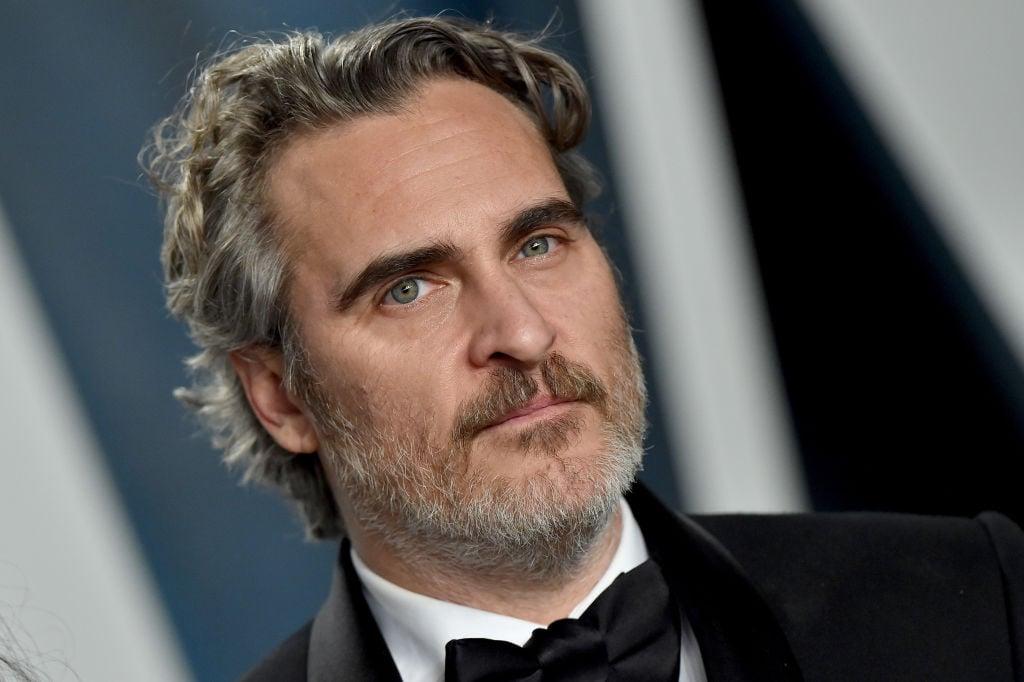
Joaquin Phoenix’s acceptance speech for Best Actor in 2020 turned the spotlight from his performance to a broader critique of human exploitation of animals, stating, “We feel entitled to artificially inseminate a cow, and when she gives birth, we steal her baby, even though her cries of anguish are unmistakable. And then we take her milk that’s intended for her calf, and we put it in our coffee and our cereal.”
His impassioned plea emphasized the Oscars as a stage not just for personal achievement but for advocacy and raising awareness on global issues. Phoenix’s speech demonstrated how the Oscars can serve as a powerful platform for societal and ethical discussions, resonating far beyond the confines of the entertainment industry.
The Historic Tie Between Streisand and Hepburn
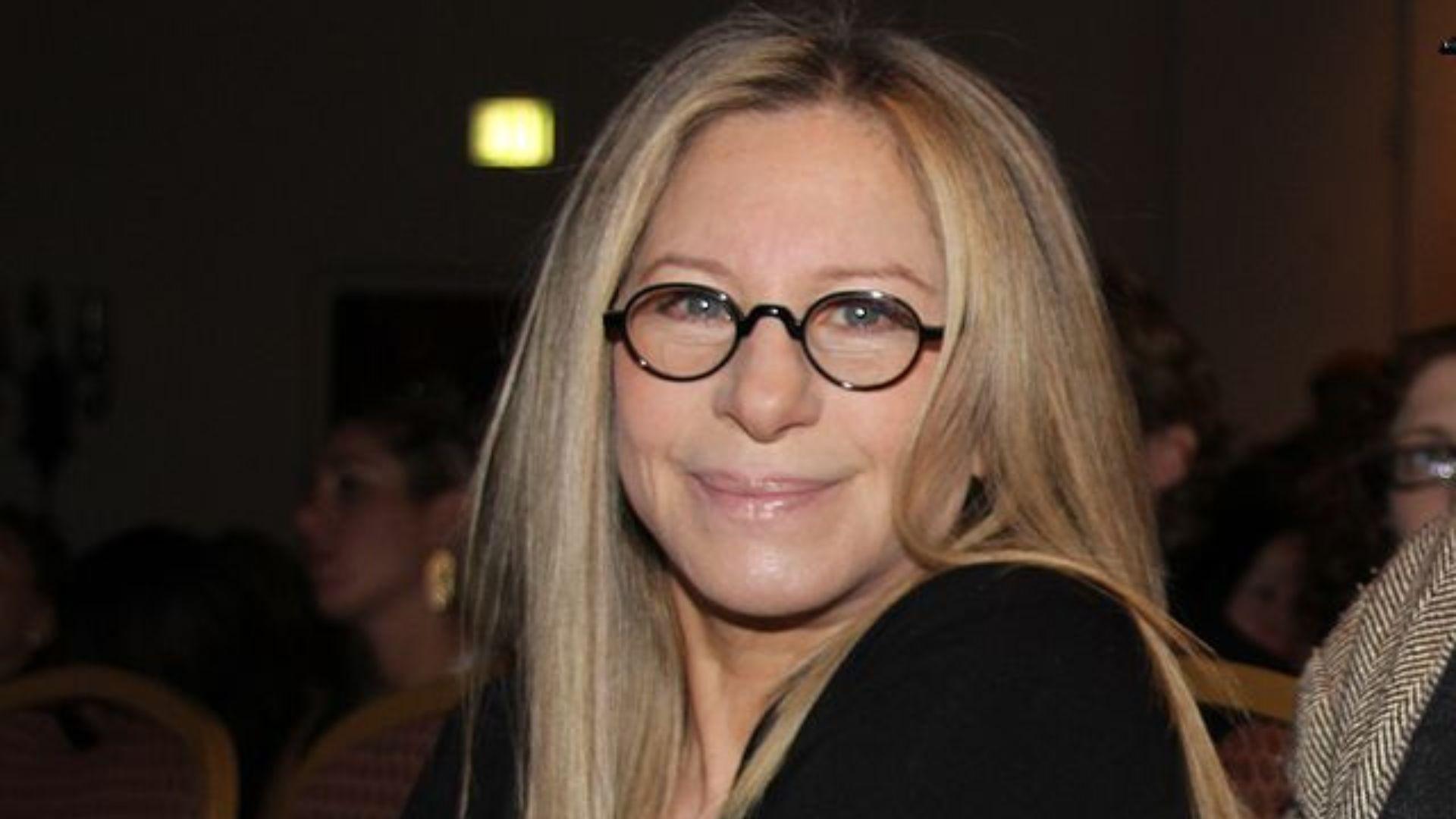
The 1969 Oscars presented a rare and historic event when Barbra Streisand for “Funny Girl” and Katharine Hepburn for “The Lion in Winter” tied for Best Actress.
This moment was significant not just for its rarity but for what it represented about the industry’s recognition of talent. The tie highlighted the subjective nature of art and the caliber of performances that year, showcasing the Oscars’ ability to celebrate diverse talents and the complexities of artistic excellence.
#EnvelopeGate: A Mix-Up of Epic Proportions
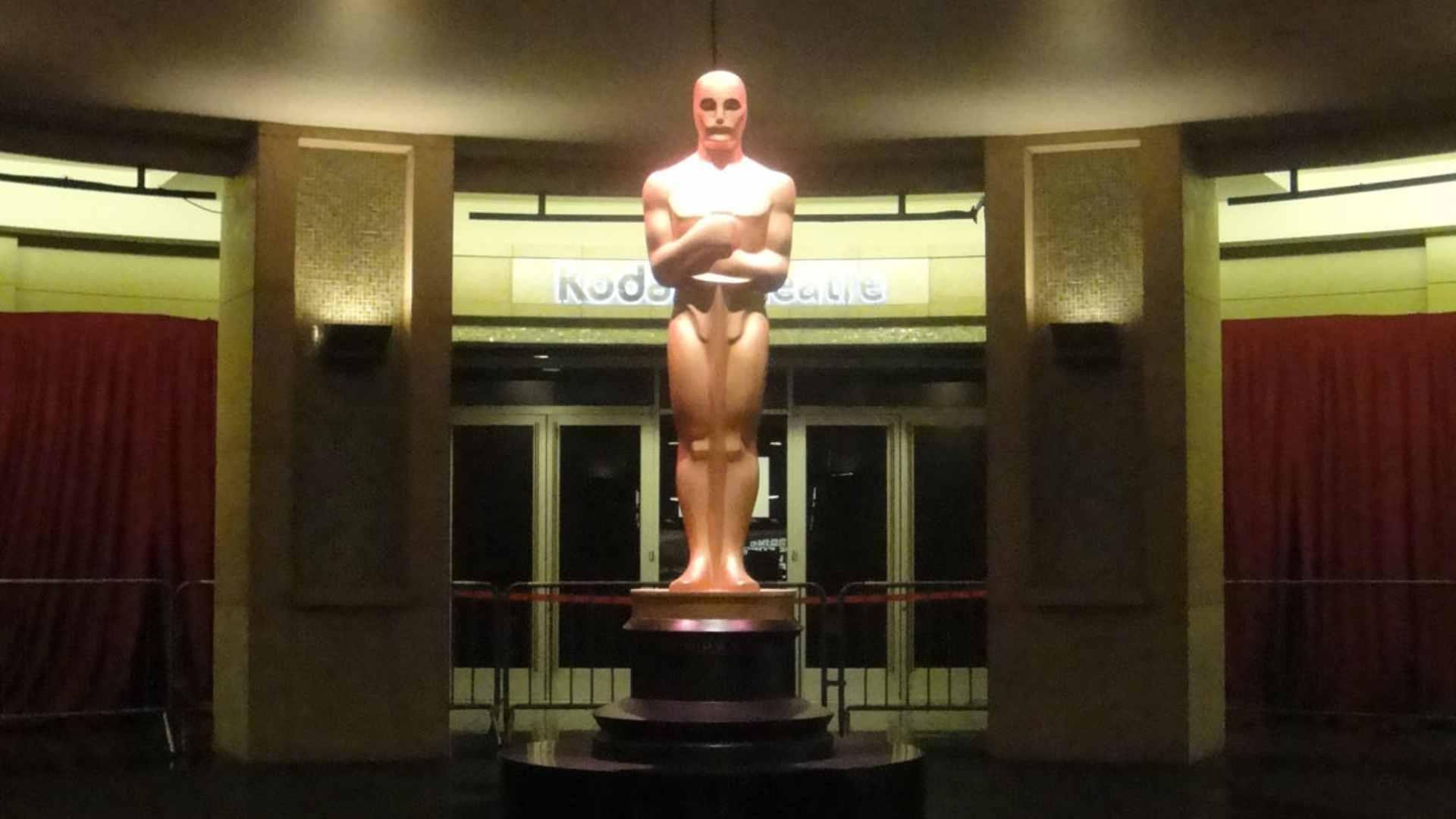
The mix-up during the 2017 Oscars Best Picture announcement, known as #EnvelopeGate, where “La La Land” was mistakenly awarded over “Moonlight,” remains one of the most jaw-dropping moments in Oscars history.
The incident revealed vulnerabilities in the ceremony’s execution and prompted discussions about the importance of accuracy and the grace with which unexpected situations are handled.
Angelina Jolie and Her Brother’s Controversial Moment
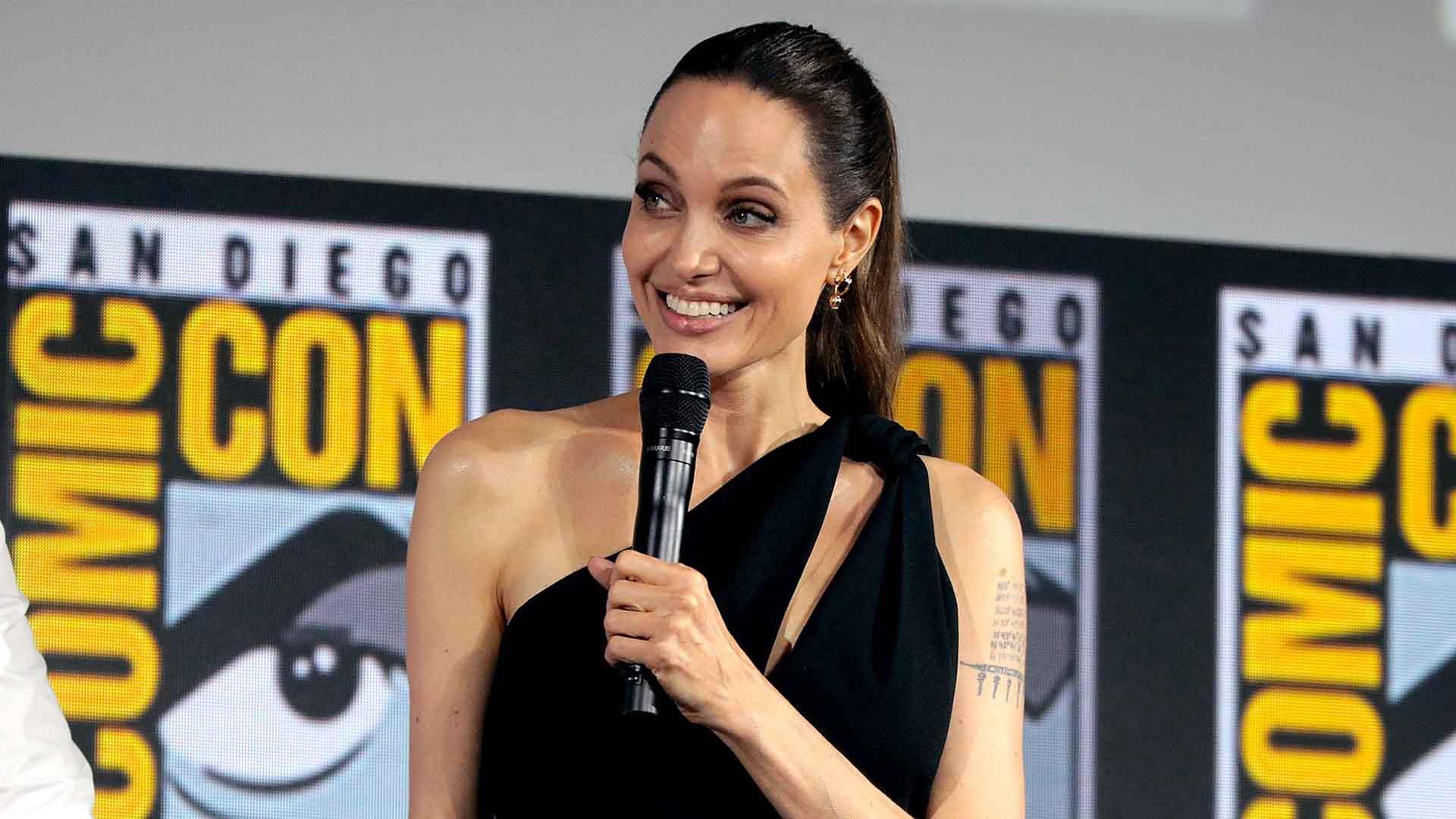
Angelina Jolie’s open affection for her brother, James Haven, during the 2000 Oscars sparked controversy and widespread media attention (via Yahoo). Jolie quipped that she was “so in love,” while later kissing him in a way that raised some eyebrows.
This moment challenged societal norms and prompted discussions about public displays of affection and family dynamics, especially within the world of celebrities.
Patricia Arquette’s Call for Wage Equality
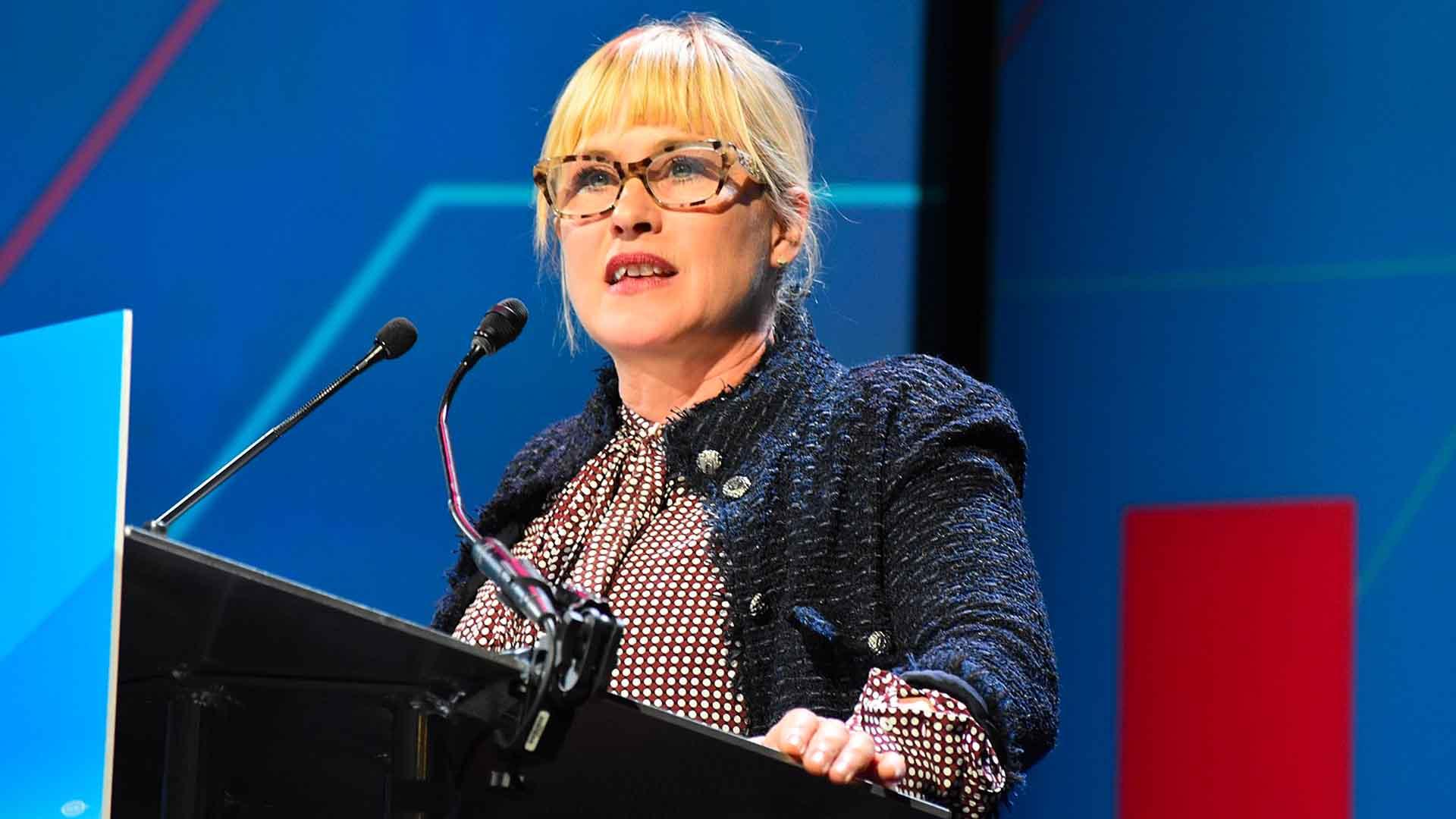
Patricia Arquette’s acceptance speech for Best Supporting Actress in 2015 used her moment of triumph to address the wage gap and advocate for women’s rights, stating that it was “time to have wage equality once and for all, and equal rights for women in the United States of America” (via The Guardian).
Her call to action, supported by cheers from peers like Meryl Streep, highlighted the Oscars as a pivotal platform for addressing societal injustices. Arquette’s speech brought renewed attention to the fight for equality in Hollywood and beyond, showcasing the influence of the Oscars in propelling social change.
The Controversial Best Picture Win of Crash
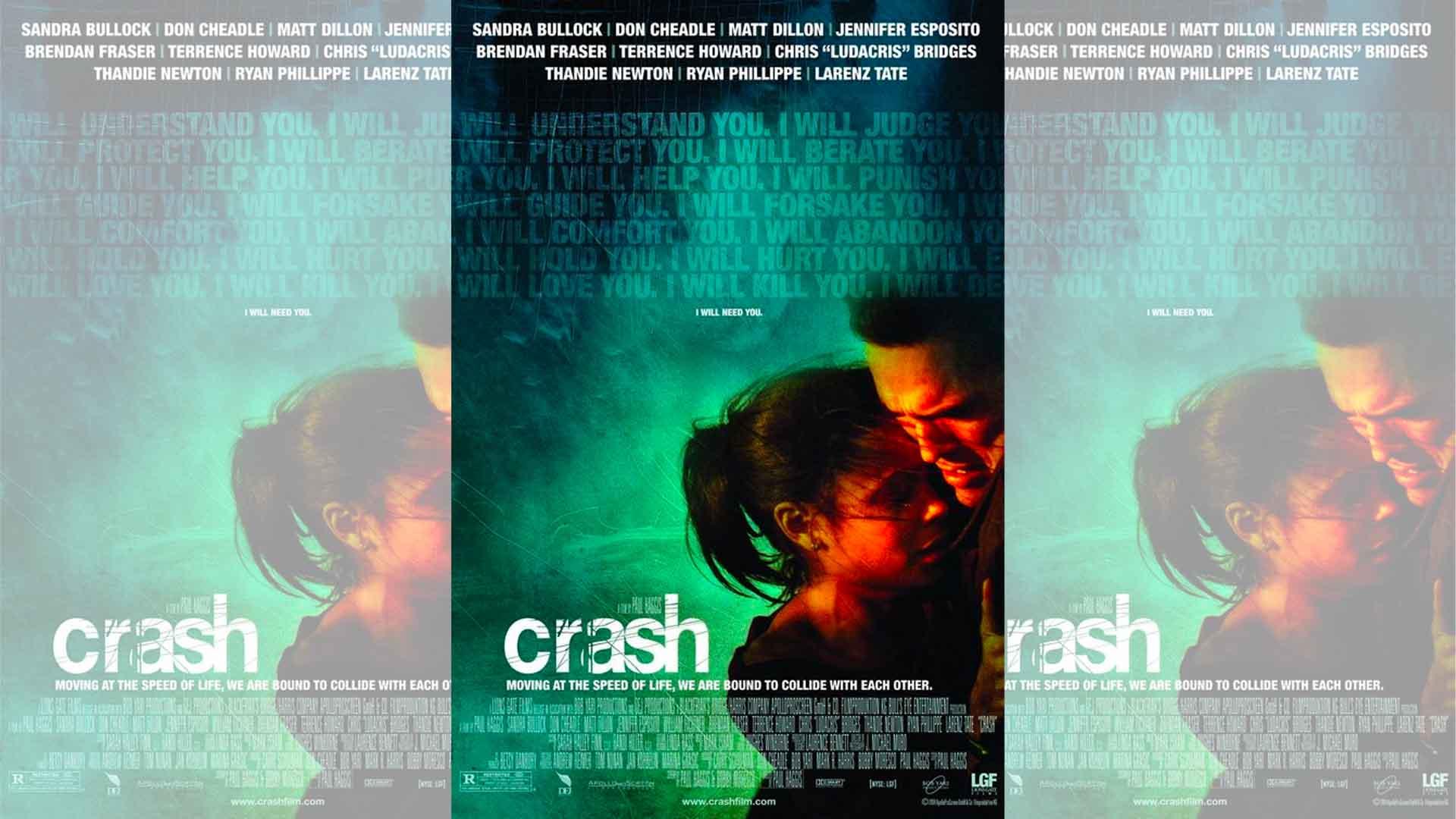
The 2006 Oscars saw one of its most contentious moments when “Crash,” directed by Paul Haggis, won Best Picture over the favored “Brokeback Mountain.” This decision ignited a firestorm of controversy, with critics and audiences alike questioning the motivations behind the Academy’s choice.
The upset was seen by many as a reflection of Hollywood’s discomfort with “Brokeback Mountain’s” central gay romance, suggesting an industry not yet ready to fully embrace stories challenging traditional norms (via The New York Times). This win sparked debates over the Oscars’ role in reflecting societal progress and the potential for external pressures to influence outcomes.
Marlon Brando’s Stand for Native American Rights
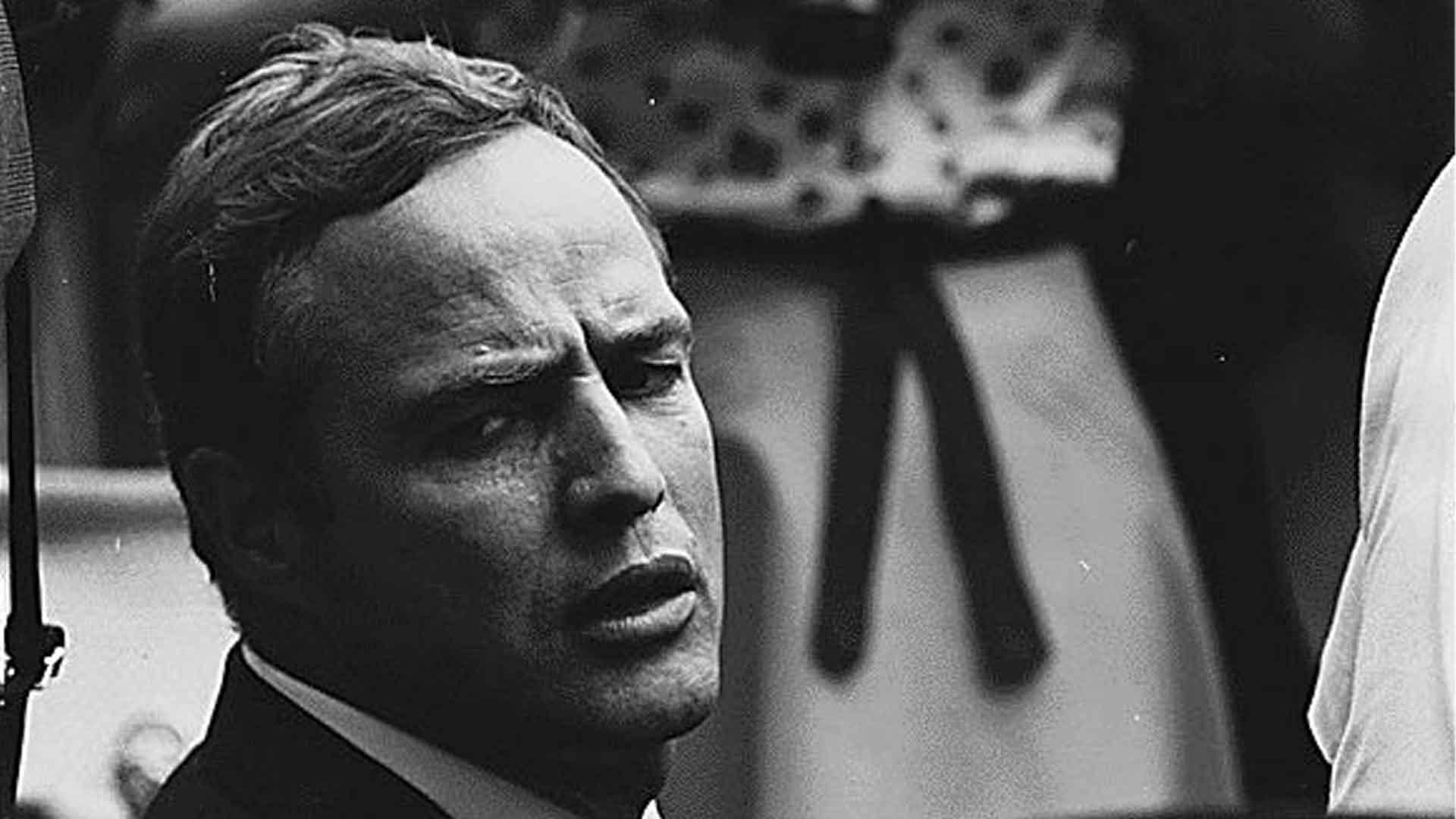
Marlon Brando’s decision to decline his Oscar for “The Godfather” in 1973, sending Sacheen Littlefeather in his stead, was a pivotal moment in using celebrity for activism.
This act of protest against the treatment of Indigenous Americans by the film industry marked a significant moment in Oscars history, where the awards ceremony became a platform for political and social advocacy, prompting the industry to reflect on its practices and biases.
John Travolta’s Name Flub
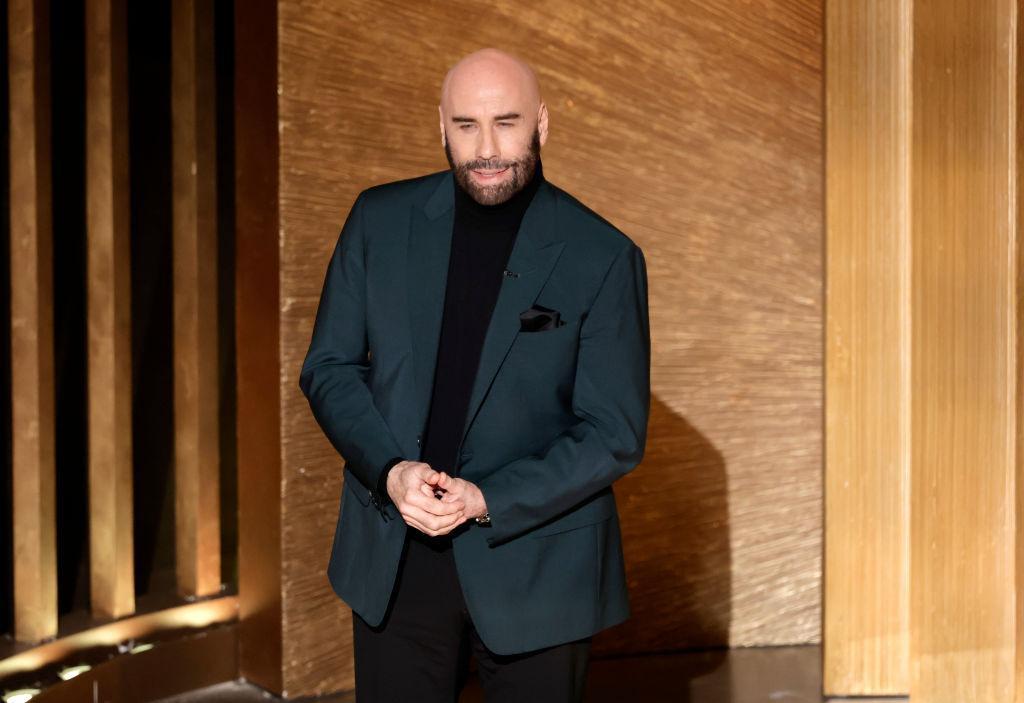
John Travolta’s mispronunciation of Idina Menzel’s name at the Oscars gave birth to one of the internet’s most beloved memes: “Adele Dazeem.”
This flub highlighted the unpredictability of live television and the enduring impact of viral moments. It also highlighted the humanity of the celebrities we often place on pedestals, reminding us that everyone is capable of making mistakes.
Frances McDormand’s ‘Inclusion Rider’ Speech
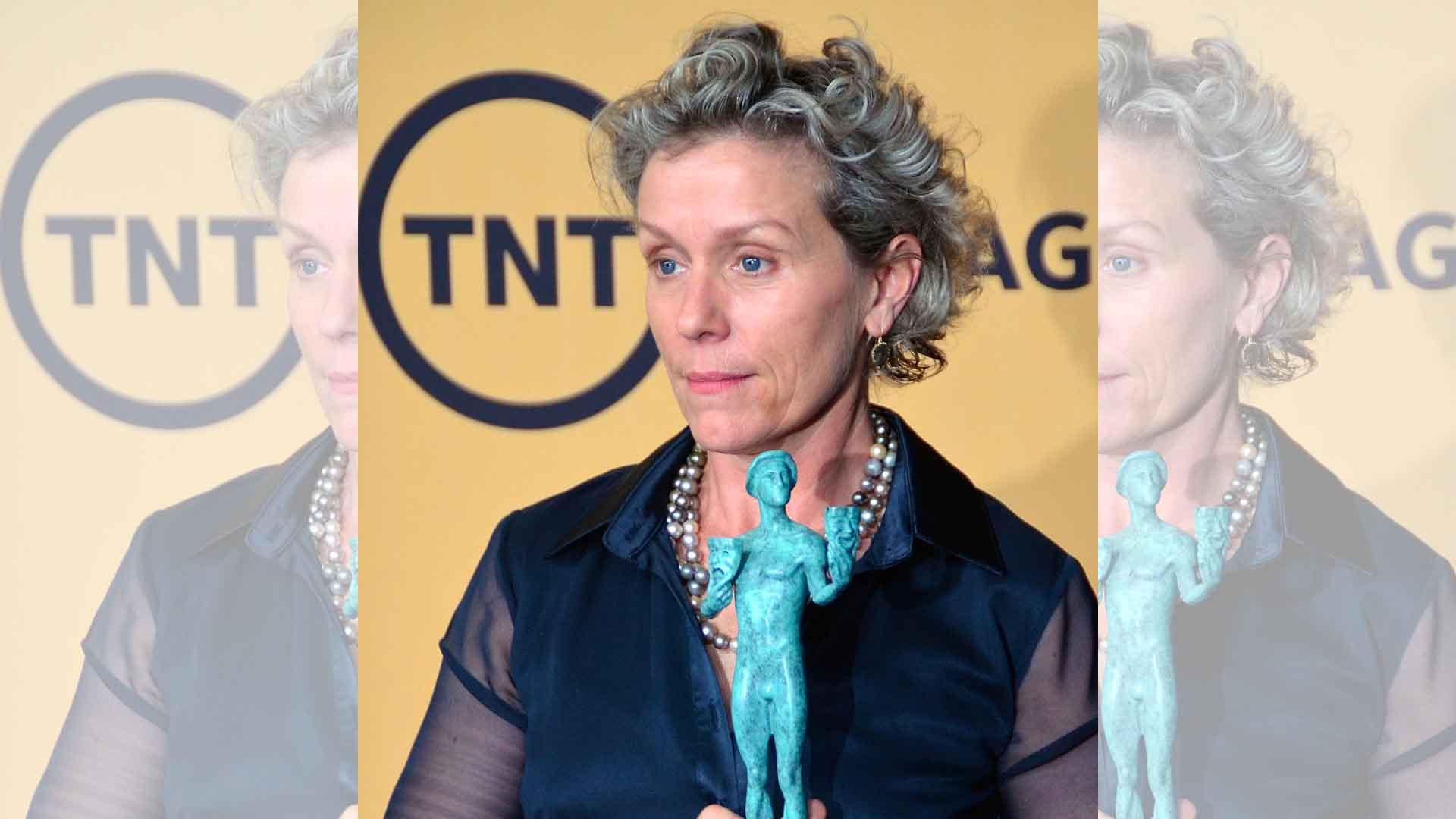
Frances McDormand’s call for “inclusion riders” during her Best Actress acceptance speech in 2018 sparked a global conversation about diversity and representation in Hollywood.
However, she has since regretted mentioning the term without fully understanding its implications and impact on the industry, stating, “I wish I’d never f**king said it now. I was not educated enough, I didn’t have enough information about it. I forgot what I was going to say at the end of a very prepared speech. I wanted to say, ‘Just give me a tequila now'” (via Yahoo).
The Oscars as a Mirror to Society
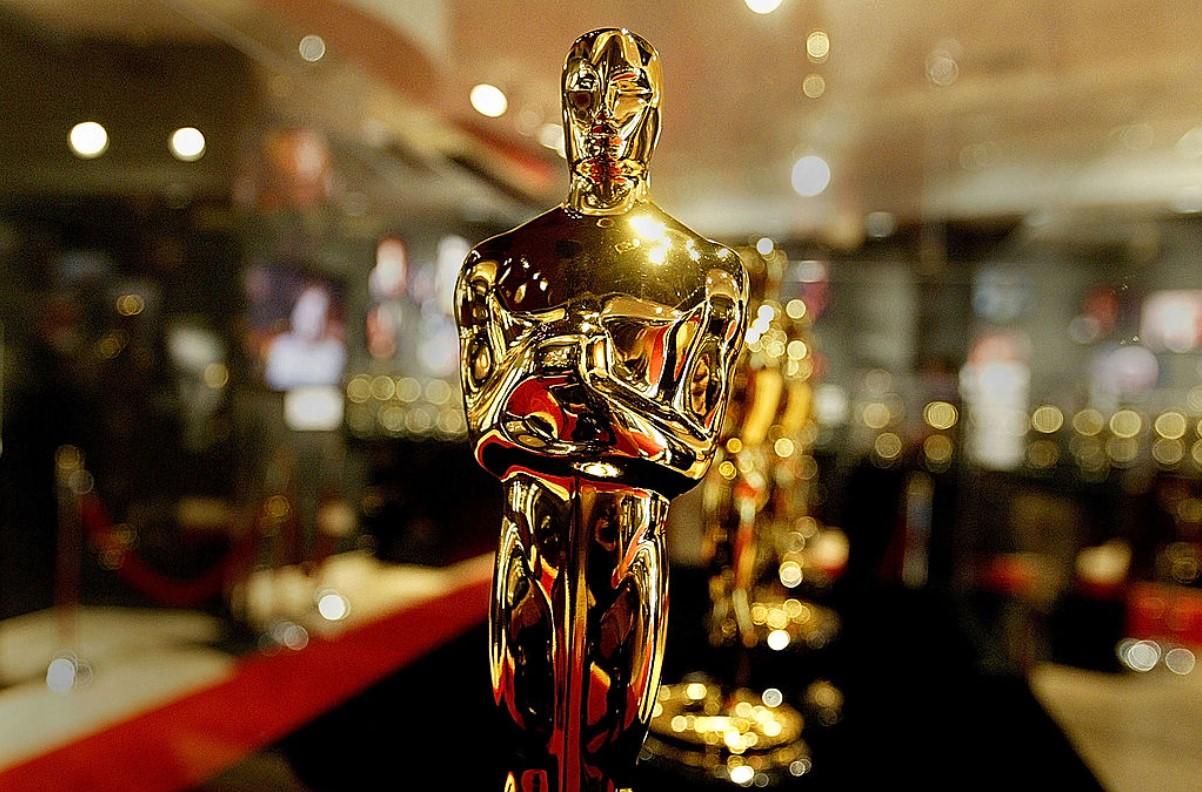
The controversies, speeches, and unexpected moments at the Oscars are not just for entertainment. They actually reflect the broader social, cultural, and ethical issues we face in our society. These incidents remind us of the incredible influence of cinema and how it can shape and reflect our values.
As we keep seeing the film industry evolve, the Academy Awards will always be a big deal for celebrating achievements, pushing boundaries, and starting conversations about the important issues of our time.

